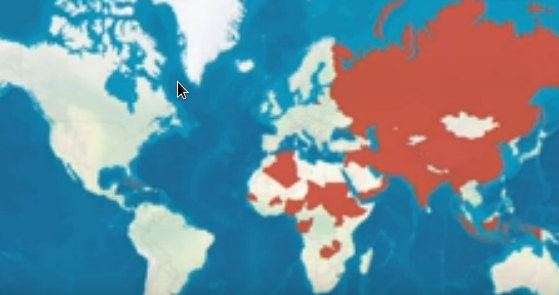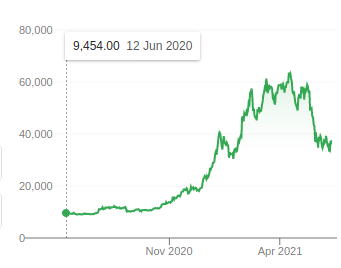Shein, growing fashion brand
Shein launches 3,000 to 4,000 new (fast fashion) female apparel products every day, reportedly. $2 to $30 per item.
Their product line is updated much faster than any other fashion brand (Zara, ASOS, H&M).
Shien is valued at $100b, more than H&M and Zara combined. However, H&M did $24b and Zara $19b last year, and Shein did $10.
They're private and don't give interviews. The CEO has only been seen a couple times.
They say they were founded in 2012, but others say in 2008 with Dianwei (knock offs and stuff, reportedly). So they developed along with mass adoption of smart phones (helps with product discovery). Also collected user info, algos, and the continuing development of Chinese manufacturing and distribution, as well as China-friendly global community.
Shein within China doesn't have the advantage it has over other world brands in the global market, because China is a more saturated market. It can't compete for speed and price like it does against the US.
Shein also made timely payments to suppliers (a rarity in China, reportedly) made it able to get smaller production orders. Small order, quick response. 100 to 500 items as the first batch (3 to 5 days), versus Zara's 100k items. No middle man or import tariffs because they're shipped straight from China to customers (not to retail chains).
Shein pays quite a bit for marketing. It pays influencers and celebs. They do a thing called a 'haul,' in which a tik-toker or instagramer buys/receives a big box, like $500 or $2000 worth, and they try it all on and stuff. This goes viral and creates its own marketing campaign. It's an algo that works through influencers and young women.
Shein was the
#1 downloaded shopping app in 2021.
Shein's growth has recently slowed with the China city lockdowns.
Several independent fashion designers have gone on social media alleging Shein has knocked off their design to the tee. Exactly the same, and they sell the things for way less. Doc Marten's and Levi Strauss have sued them. I think to do this you have to be registered in China.
Shein contracts a lot of work to small factories and there are workers who are not in the social welfare system there, whatever the relevance of that is. This is the key to cheap, fast products like this. It's simply finding ways to pay workers less than other places.
An issue lots of people talk about with these fast fashion mass sales brands is waste. 100m tonnes of clothing are dumped in landfills every year now. These products are made to be used once or several times, and they are not good for a second-hand market (for example, a lot of first world used clothing is sent to Africa, and it still is, but they say the fast fashion stuff is not useable, it's basically garbage shipped to them).
Producing textiles is energy intensive, and is often done where there are less regulations which consider the environment. It's been interesting as an example of how the young generation, which has been perceived as more environmentally conscious and critical of past generations waste, doesn't really care because they seem to prefer the less expensive product regardless, because it's what they can more easily afford.


